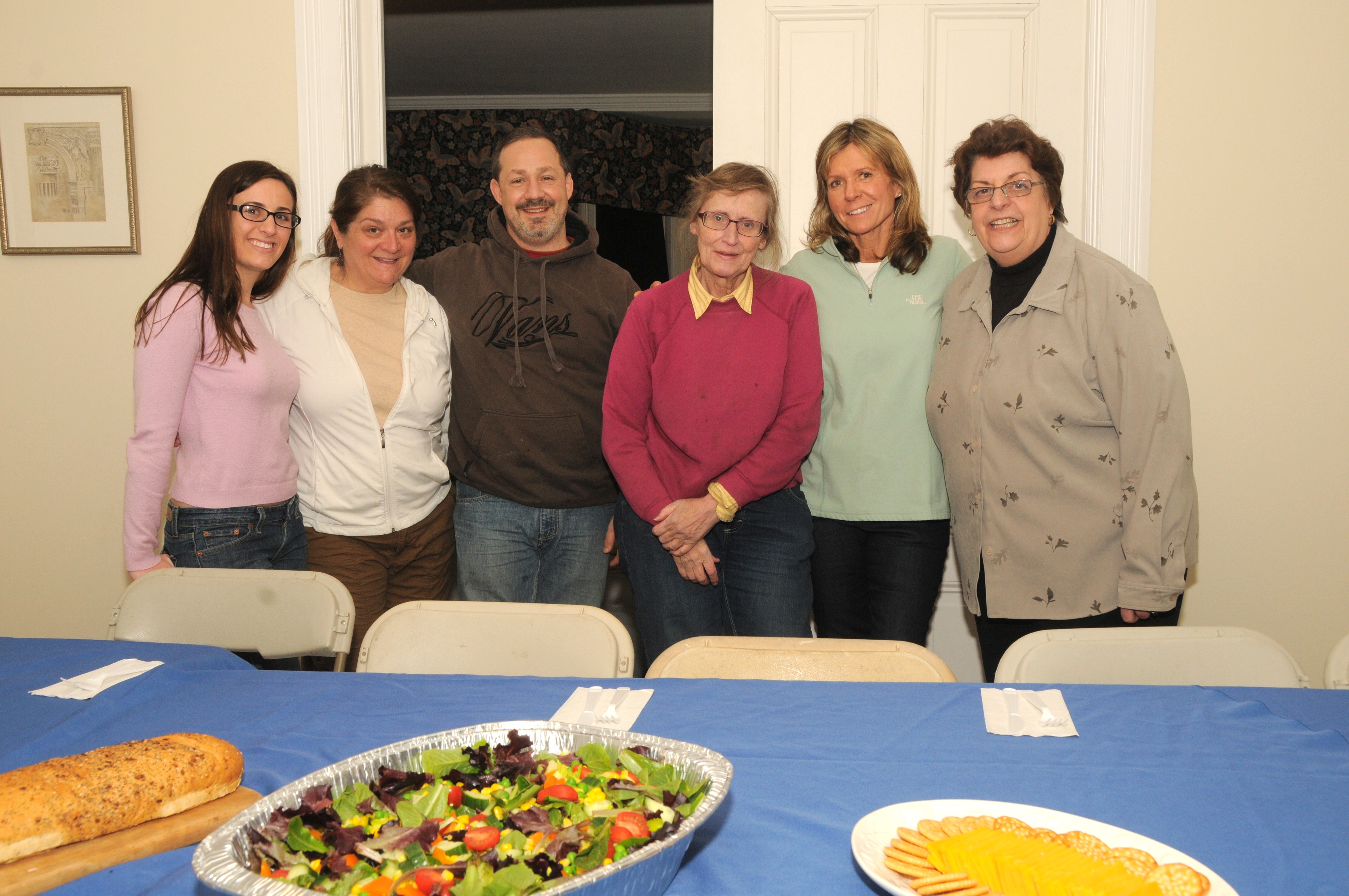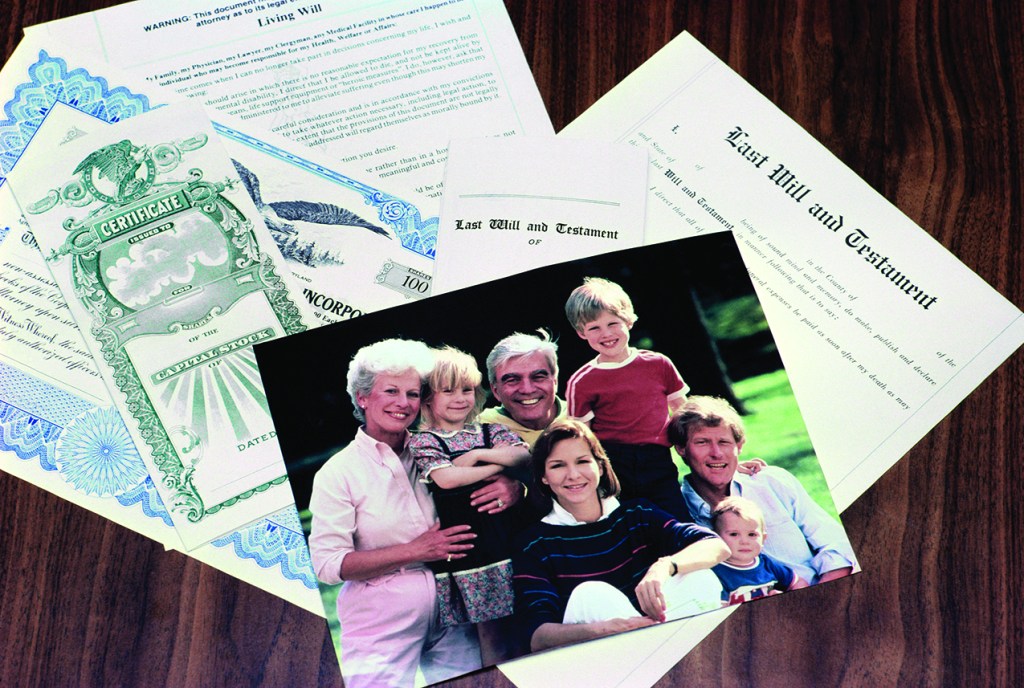Maureen’s Haven Offers Much-Needed Shelter

The tony reputation of Long Island’s East End may offer the illusion that the area is immune to the social problems shouldered by the rest of the world, but even the Hamptons has its share of homeless. Whether simply down on their luck or willfully disenfranchised, the growing population has one thing in common: the human body’s limited ability to withstand cold.
For the past 12 years, an exponentially increasing number of congregations across the East End have lent their services to a privately-funded shelter operation called Maureen’s Haven, where homeless are transported, via a hub center in Riverhead, to one of 17 houses of worship for a night of sustenance and warmth. There, volunteers from one of nearly 50 participating congregations offer evening and morning meals, a place to sleep, and other services including access to Alcoholics Anonymous meetings, hot showers, and perhaps a movie. The program begins in November, and runs through March 31, covering shelter guests with a warm, albeit temporary, blanket of care.
According to Tracey Lutz, the organization’s executive director, the circumstances of each shelter guest are as varied as the individuals themselves. There are, of course, the “chronically homeless…a whole different subculture” who utilize the shelter “only on the most horrifically cold nights.”
But in the wake of both Superstorm Sandy and a continually faltering economy, a peculiar domino effect has trickled down to the borderline homeless. Some storm victims, or in other cases, one-time homeowners who have been forced by foreclosure into renting, have taken up a more significant chunk of available housing than in seasons past. This year, “obviously with the storm we did have people who were displaced, and we have people who are having real difficulty securing property rentals,” said Lutz.
“We have some people who come back year to year, and we’ve definitely seen more this season than last, about 10 percent more. Of all the people who have come to us, about 70 percent are new. Every single day we have at least three more people coming.”
In the depths of winter, “we’re at the height of our season,” said Lutz. “We have the capability of sheltering 50 adults per night, and we are sheltering 50.”
It’s easy to conceive of the homeless as the rogue schizophrenic, or the fringe-living tent dweller who balks at the perceived societal constraint of a roof over one’s head. The out-of-work day laborer also fits the construct. But what of the evicted piano teacher, one of the shelter’s more recent guests?
There are what Lutz describes as “the newly homeless, who have lost their job or that additional bit of income that helped them get over that hump and pay rent.” When money gets tight for the average family, luxuries like music education are some of the first to be cut from the budget. The piano teacher, who “worked his entire life and supplemented his Social Security” through music, eventually found a room to rent after his eviction, thanks in part to the social services offered through the Maureen’s Haven volunteer network.
In cases like these, “at least we’re here as an alternative to going into the standard Suffolk County emergency housing situation, which can be very frightening.”
With the addition of a day center last year, the programs offered by the volunteer driven non-profit have only expanded. Houses of worship offer a steady stream of well-appreciated volunteers to cook and clean up, but those with a background in social services, case management, or other specialized areas like art therapy are especially needed. Particularly considering the rising cost of fuel and the program’s heavy reliance on transportation, monetary donations are warmly accepted. New, unused socks and underwear are also a consistent need.
One of many things that sets the program apart is the unique capability to help the homeless maintain a sense of identity by staying close to their roots. No matter what their circumstances, nor the last time they were able to pay rent, “the majority of the people who come to us consider the East End to be their home,” said Lutz.



